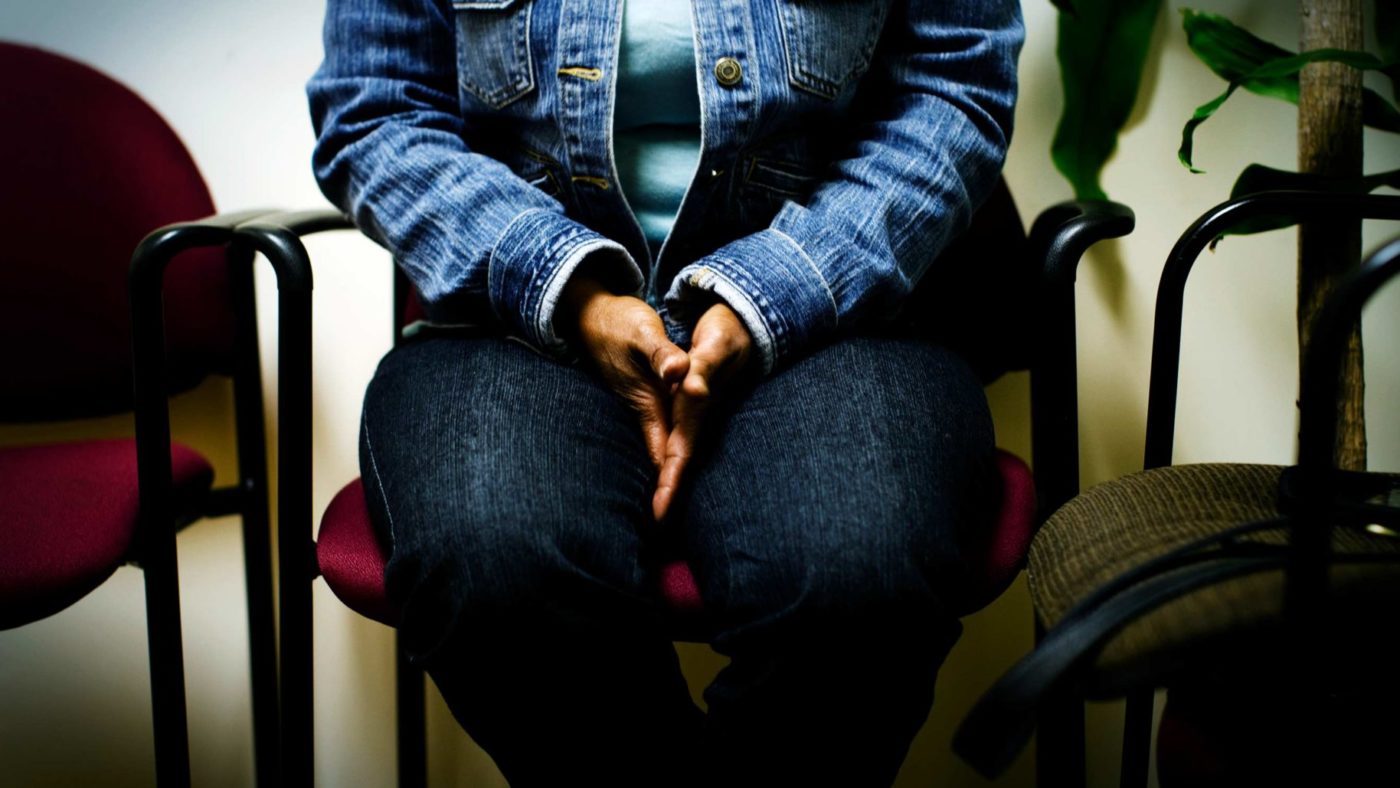For those already suffering with mental illness Covid-19 could not have come at a worse time.
Mental health services were struggling to meet demand long before the present crisis, as the impact of funding cuts and workforce shortages took their toll. There has been a historic divide between primary and community based services: according to an annual Care Quality Commission survey, patients’ experience of community mental health services in England has worsened consistently from 2014 to 2019.
The pandemic is forcing those who rely on government-funded provision to depend more on family and friends and what can be provided within the community, all of which form the front-line defence against mental illness.
Covid-19 has intensified the effects of an already atomised society, raising concerns that social-distancing and isolation have had severe consequences for people’s mental health. At the same time lockdown has meant the usual support services are simply not available for many patients. A survey carried out by Mind found that around 25% of people who have tried to access mental health services received no support. A Youngminds survey of those aged under 25 found that 83% feel the lockdown has worsened their condition and 26% were unable to access vital services, and young people with pre-existing conditions are suffering from school closures.
The absence of some formal support means local communities have taken on renewed importance, with groups using social media to contact those that government services might not be able to reach.
Mutual aid groups have sprung up across the country, with neighbours and volunteers running errands for those in isolation, exchanging information, and providing emotional support to community members. WhatsApp groups have been created by some neighbourhoods, with mental health nurses arranging Skype calls for those in need. Faith-based community initiatives have delivered meals to the vulnerable, provided doorstep chats with those in isolation, and launched virtual community hubs to keep people engaged and connected.
Social media use has increased by 61% during lockdown, particularly on platforms such as Whatsapp and Facebook, as we strive to stay in contact with others. Though public discourse has been dominated by the potential harm that new tech platforms present to society, this crisis has shown the good they can do, providing consolation to those desperate for human contact and even acting as a source of specialist support.
After a decade of cuts to youth and community services, this crisis has shown us just how vital strong local networks are. It would be a great shame if those local Whatsapp groups were to be deleted once things return to normal, or if communities withdraw from supporting the elderly and vulnerable. Now is the time to build on this momentum, including the surge in volunteering we have seen in the last couple of months.
There is increasing recognition of the value local communities have in easing pressure on formal health services, acting as a preventative mechanism. THRIVE is a model which emphasises the importance of the local community in safeguarding mental health. In some local authorities this approach has encouraged the development of community-led solutions and the integration of the various stakeholders involved in safeguarding mental health.
It’s not just down to local people though: government has a role to play in building strong local communities, and the value of local community action is limited by the availability of resources. The Government should expand on the commitment to provide Mental Health First Aid Training to all secondary school teachers in England by training others who work with vulnerable people in local communities, including foster and residential workers (who have been found to have ‘patchy’ training), along with social and youth workers.
At the same time, mental health is often a private and personal battle that can be stigmatised by certain communities, meaning many do not seek the help that is available. Covid-19 has shown how local communities are at a proximity that allows them to build personal relationships, while also being more receptive to cultural sensitivities that act as a barrier to identifying those with a mental illness.
We would benefit from having more trained individuals in the local setting who can promote awareness about and destigmatise mental illness (by training ‘local mental health champions’ for example).These individuals will be able to navigate through cultural sensitivities, while identifying and supporting people before they need to use government services.
It’s also worth remembering that the connection between community support and mental wellbeing is less apparent in normal times than it might be at a time of crisis. As we move forward, we must not forget how quickly national emergencies can arise and how easily our government support mechanisms can crumble. Now is the perfect time to bolster the traditional support mechanisms in our local community, which will continue to exist as long as people live together.
Click here to subscribe to our daily briefing – the best pieces from CapX and across the web.
CapX depends on the generosity of its readers. If you value what we do, please consider making a donation.


